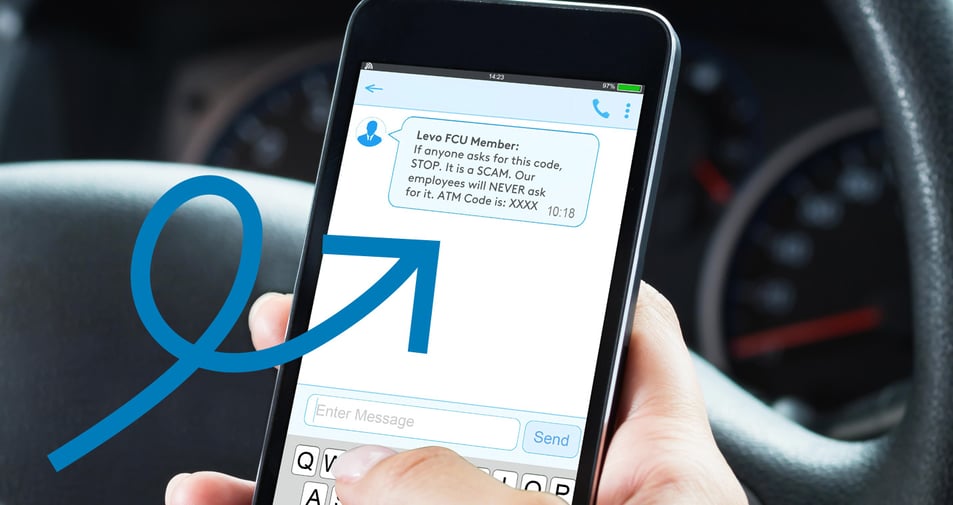
Do Not Give Out Your Pin!!
Two types of financial fraud are escalating in your area, but there are steps that you can take to keep from becoming a victim.
In the first case, victims are giving the criminals their personal identification numbers. Most of the time, these criminals call you and share a few pieces of information about you to try to convince you that they’re from your bank or credit union. The criminals then ask you for your PIN or log in information, even though the PIN text explicitly says NOT to share this PIN. The criminals use this PIN to access your account at the ITM or online and withdraw your money. We want to reiterate, DO NOT give out your PIN or log-in information. Your financial institution will not ask you for that information because they can already access your account and have other ways to verify that you are you. If someone asks you for your PIN or log-in information, IT IS A SCAM.
If someone calls you and asks for your account information, call us back. We do call our members about about their accounts frequently for various reasons, including when we spot suspicious activity on your account. There’s not a way for us to block fraudsters from spoofing Levo’s phone number. We advise telling the caller you will call them right back, hanging up, and calling Levo at (605) 334-2471 during business hours. That way you know you have reached our Levo team and not someone trying to get your financial information.
We have also seen recent cases of check washing. The criminals steal envelopes containing checks from your mailbox. They use a chemical on the check to erase the recipient and the amount, then write themselves in as the recipient and usually write in a larger amount. The criminal brings the washed check to a financial institution and tries to cash it. We want to remind you that electronic bill pay or dropping the check at the post office is a safer way to mail checks.
Here are some other things to watch for and other ways to protect yourself from common scams:
- Incorrect information about you. Listen carefully to the scammer and what they are telling you. For example, if the “fraud” they talk about is on a service you don’t have with Levo, it’s a sure sign this is a scam. In some of the cases with this particular scam, the scammer kept mentioning a debit card and the potential victim did not have a debit card with Levo.
- Late calls. These calls asking for log-in information have been coming after business hours. We normally contact you before 6 p.m. when we call.
- Errors. Email messages from scammers will often have grammatical errors or weird formatting, such as an old logo.
- Links. A previous scam was a fraudster texting individuals as if the text came from Levo. The text informs you your card was added to a strange vendor’s point of sale software and asks you to click on a link to unlink your card. When Levo sends you a text message, it will come from a 1-800 number to verify and give you an option to opt out – NOT a link. It also will have the last four digits of your card number.

 605-334-2471
605-334-2471


